A common misconception about chickens is that they attract rodents, but the truth is that rodents are attracted to food and water, not chickens. Rodents are a nuisance and a health hazard to backyard chickens and controlling them requires a multi-faceted plan of attack, so let’s roll one out! Read on for 15+ tips for rodent control in the chicken yard and coops!
PROBLEMS RODENTS CAUSE
- they eat chicken feed
- they eat eggs and baby chicks (rats)
- they contaminate feed, water & coops with droppings, urine and hair
- they are carriers of lice, mites, fleas, and other parasites
- they can transmit an estimated 50 possible diseases, not the least of which is salmonella (fleas carried by rats were responsible for killing an estimated 100,000 people in the Great Plague of London in 1665)
- they can damage yards by burrowing and coops and electrical wires by chewing
- they can injure chickens (rats are capable of chewing toes off roosting birds at night)
- they create stress for chickens, which often results in a drop in egg production
CONTROL STRATEGIES
ELIMINATE FOOD
- Do not keep chicken feed inside the chicken coop.
- Remove or securely cover feeders at night.
- Modify feeders to prevent beaking-out of feed. Adding dividers or chicken wire to the base of the feeder can accomplish this objective.
- Clean up spilled feed. If chickens beak-out food onto the floor from the feeder, clean it up before nightfall when nocturnal marauders are active. Purchase feed pellets instead of crumbles as they are more difficult to beak-out and easier to clean up than crumbles.
- Use a treadle-style feeder, which requires the chicken’s weight standing on a pedal to open it.
- Never leave eggs in the coop overnight. Eggs left in nest boxes are a dinner invitation to rats.
- Store feed in a galvanized container with a lid securely in place. Rats can chew through feed bags, plastic bins and wood as easily as opening a bag of potato chips.
- Store feed away from the coop if possible.
Eliminate Easily Accessible Water Sources
Rodents will walk through and drink from traditional waterers, contaminating them with their waste and disease-carrying mouths, feet and fur. Remove traditional drinkers at night or, better yet, switch to poultry nipple waterers and keep the chickens’ water supply disease-free.
Secure the Coop & Run
- Install hardware cloth all around the coop and run to prevent access by predators and pests.
- Bury hardware cloth 12″ into the ground all the way around the coop and run to deter burrowing underneath.
Repellents? Meh, not so much.
- Bobcat urine? Research suggests that rodents instinctively recognize the danger associated with the scent of bobcat urine and respond to it by avoiding the smell. Strategic distribution of bobcat urine may send rodents seeking food elsewhere. I have not found this to be useful at all.
- Mint? Nope. While some essential oils such as balsam fir or peppermint, in very high concentrations may repel some rodents as the strong scent interferes with their ability to smell danger, however, a determined rodent will not be repelled with peppermint oils. The problem with using any essential oil around chickens, is that they can be toxic to chickens if ingested and peppermint oil must be used in very high concentrations in order to be somewhat effective. Peppermint planted around the coop will not effectively deter rodents because the scent is not strong enough to offend, alarm, upset or frighten rodents.
Eliminators
- Clearly, poisons and most traps are far too dangerous to use around chickens, but rodents can be eliminated naturally by employing a good barn cat around the coop and run.
- An old-fashioned mixture of equal parts cornmeal and plaster of Paris kills rodents without toxic chemicals, but would need to be placed where chickens cannot eat it. Once eaten by rodents, it hardens in their stomachs, killing them. (this seems a rough way to go, I won’t be trying this method)
- An electric shock device is safe to use around chickens, yet deadly to rodents.
Sources & further reading:
Chemical in Predator Pee Scares the Pee out of Rodents
Detection and avoidance of a carnivore odor by prey
Rodent Control in the Poultry House
Expert Gardener Creates Effective Botanical Rodent Repellent
Natural Rat Deterrent
Kathy Shea Mormino
Affectionately known internationally as The Chicken Chick®, Kathy Shea Mormino shares a fun-loving, informative style to raising backyard chickens. …Read on


shop my SPONSORS



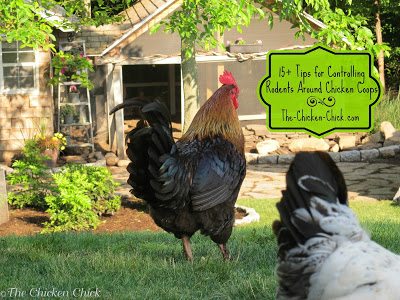
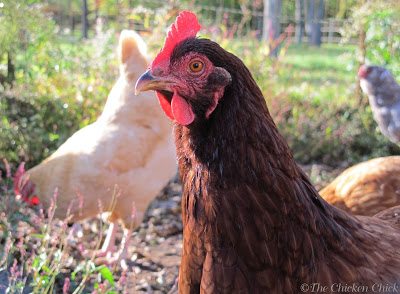
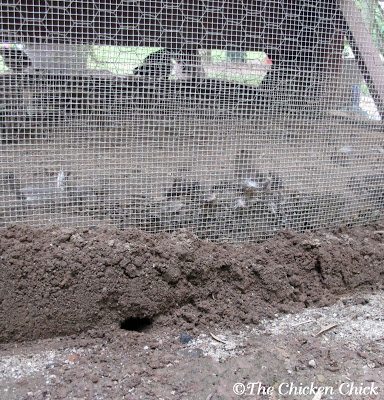
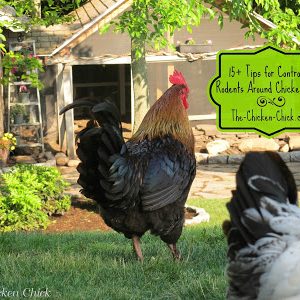
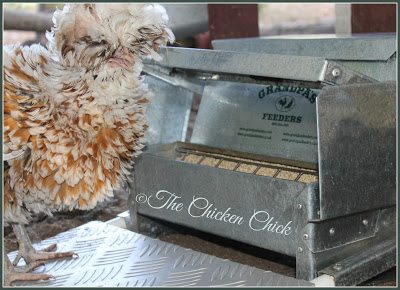
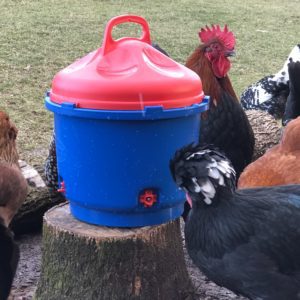
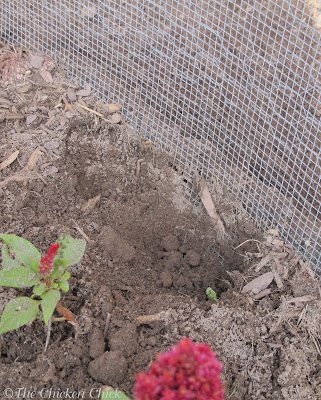
![[vc_row][vc_column][vc_column_text] A common misconception about chickens is that they attract rodents, but the truth is that rodents are attracted to food and water, not chickens. Rodents are a nuisance and a health hazard for for backyard chickens and controlling them requires a multi-faceted plan of attack, so let's roll one out! Read on for 15+ tips for rodent control in the chicken yard and coops! PROBLEMS RODENTS CAUSE they eat chicken feed they eat eggs and baby chicks (rats) they contaminate feed, water & coops with droppings, urine and hair they are carriers of lice, mites, fleas, and other parasites they can transmit an estimated 50 possible diseases, not the least of which is salmonella (fleas carried by rats were responsible for killing an estimated 100,000 people in the Great Plague of London in 1665) they can damage yards by burrowing and coops and electrical wires by chewing they can injure chickens (rats are capable of chewing toes off roosting birds at night) they create stress for chickens, which often results in a drop in egg production Burrow dug by some type of critter, could have been a rat, although there was no other evidence to support that theory. CONTROL STRATEGIES ELIMINATE FOOD Do not keep chicken feed inside the chicken coop. Remove or securely cover feeders at night. Modify feeders to prevent beaking-out of feed. Adding dividers or chicken wire to the base of the feeder can accomplish this objective. Clean up spilled feed. If chickens beak-out food onto the floor from the feeder, clean it up before nightfall when nocturnal marauders are active. Purchase feed pellets instead of crumbles as they are more difficult to beak-out and easier to clean up than crumbles. Use a treadle-style feeder, which requires the chicken's weight standing on a pedal to open it. Never leave eggs in the coop overnight. Eggs left in nest boxes are a dinner invitation to rats. Store feed in a galvanized container with a lid securely in place. Rats can chew through feed bags, plastic bins and wood as easily as opening a bag of potato chips. Store feed away from the coop if possible. Eliminate Easily Accessible Water SourcesRodents will walk through and drink from traditional waterers, contaminating them with their waste and disease-carrying mouths, feet and fur. Remove traditional waterers at night or, better yet, switch to poultry nipple waterers and keep the chickens' water supply disease-free. A digging predator much bigger than a rat was deterred by the hardware cloth buried 12" into the ground around the run Secure the Coop & Run Install hardware cloth all around the coop and run to prevent access by predators and pests. Bury hardware cloth 12" into the ground all the way around the coop and run to deter burrowing underneath. Repellents? Meh, not so much. Bobcat urine? Research suggests that rodents instinctively recognize the danger associated with the scent of bobcat urine and respond to it by avoiding the smell. Strategic distribution of bobcat urine may send rodents seeking food elsewhere. Mint? Some essential oils such as balsam fir or peppermint, in very high concentrations may repel some rodents as the strong scent interferes with their ability to smell danger, however, a determined rodent will not be deterred by peppermint oils. The problem with using any essential oil around chickens, is that they can be toxic to chickens if ingested and peppermint oil must be used in very high concentrations in order to be somewhat effective. Peppermint planted around the coop will not effectively deter rodents because the scent is not strong enough to offend, alarm or frighten rodents. Eliminators Clearly, poisons and most traps are far too dangerous to use around chickens, but rodents can be eliminated naturally by employing a good barn cat around the coop and run. An old-fashioned mixture of equal parts cornmeal and plaster of Paris kills rodents without toxic chemicals, but would need to be placed where chickens cannot eat it. Once eaten by rodents, it hardens in their stomachs, killing them. (this seems a rough way to go, I won't be trying this method) An electric shock device is safe to use around chickens, yet deadly to rodents. Sources & further reading:Chemical in Predator Pee Scares the Pee out of Rodents Detection and avoidance of a carnivore odor by prey Rodent Control in the Poultry House Expert Gardener Creates Effective Botanical Rodent Repellent Natural Rat Deterrent[/vc_column_text][vc_column_text] Order your copy of my bestselling book, The Chicken Chick's Guide to Backyard Chickens! [/vc_column_text][/vc_column][/vc_row]](https://the-chicken-chick.com/wp-content/uploads/2019/02/Mint-and-Chickens-sq-Portia-300x300.jpg)
















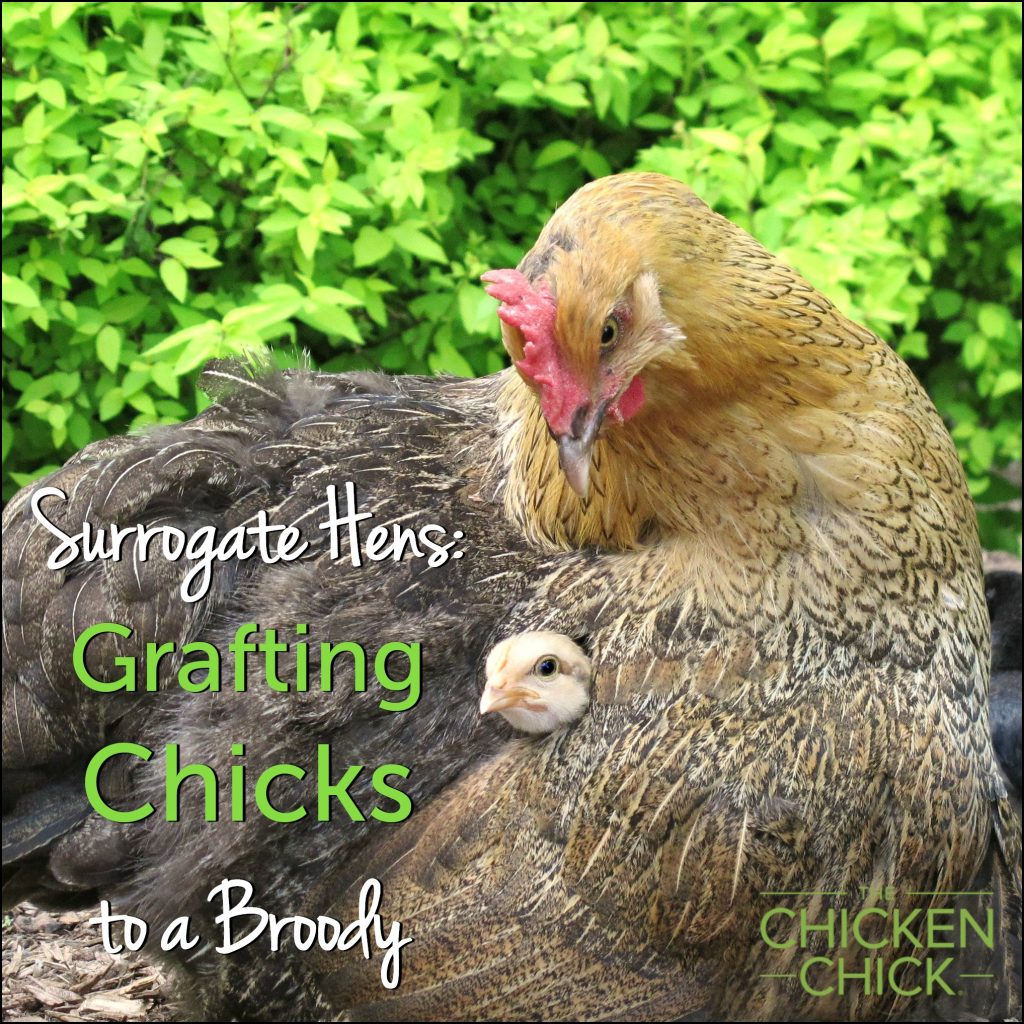
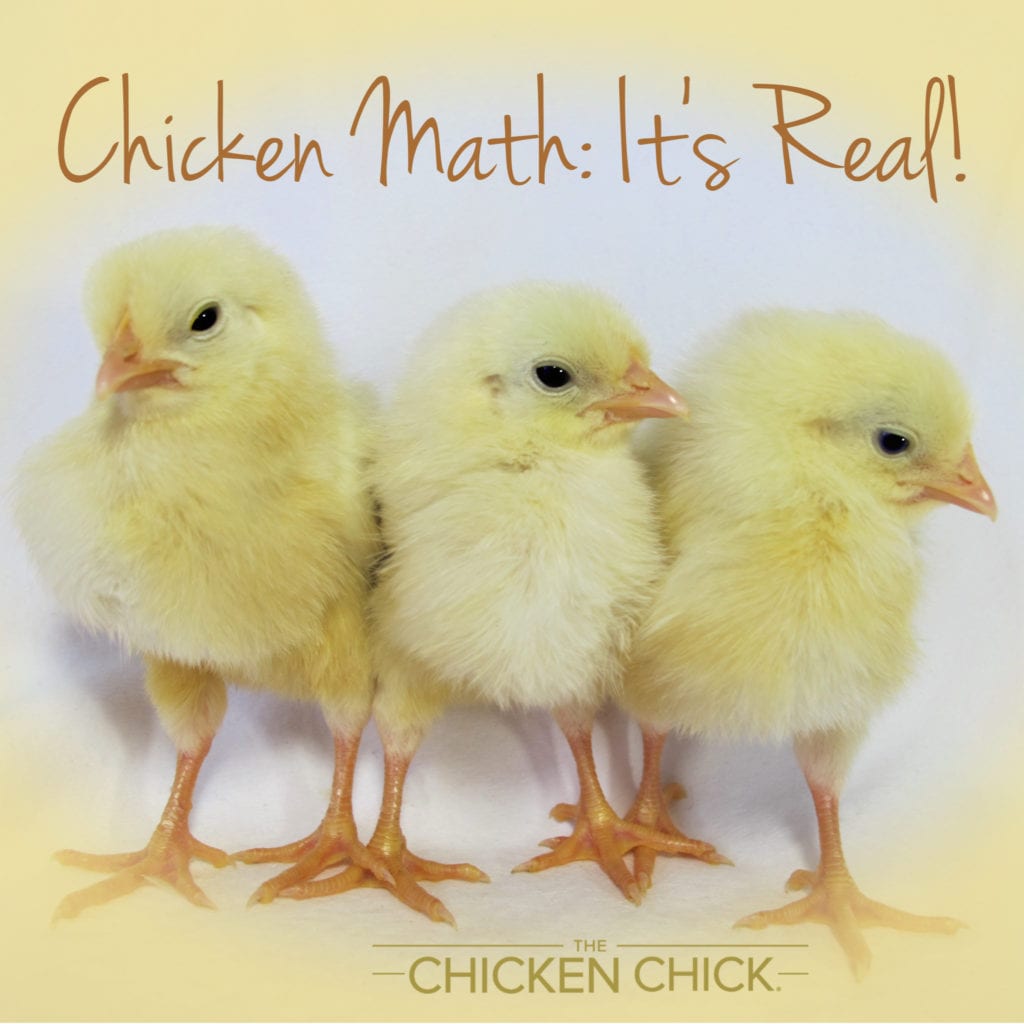









LOL, Tom! (listen to your wife! :D )
my wife told me not to share this………. But, just playing around because our dogs would take a whiz on the same spot right after me (we're secluded), I started peeing in different spots, alittle here, a little there, etc. One by one our 4 dogs would follow, each doing the same. I use it know to mark the "patrol" area I want our dogs to follow. It works, sorta.
There is no effective way to deter a hawk. I've tried them all. When they're hungry, they hone in on their meal and take it.
I have a new small Hawk that was at my coop door when I went back yesterday. Use Wolf Urine for my fox and bobcat, barn cat for rodents, tree bonnet for my regular Hawks, but this one is smaller and was harrassing my chickens. I have been told that if I hang bright things it could keep them away. I have windchimes already. I have found my chickens huddled in the corner of the coop mid-day so I have been keeping my eyes open. Any ideas?
Love your site and posts, Thanks, Robin
No.